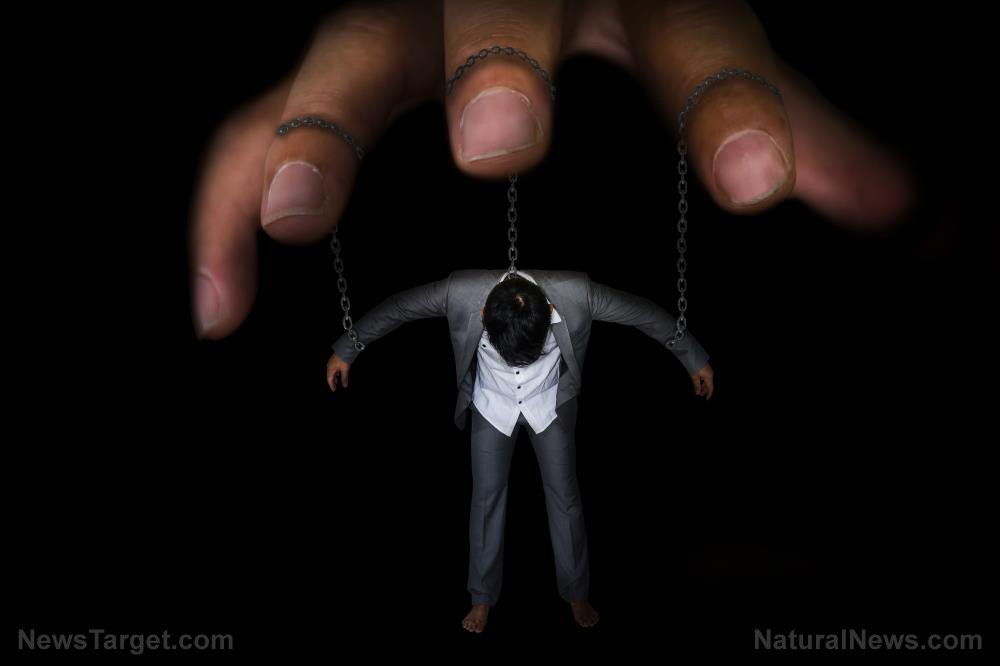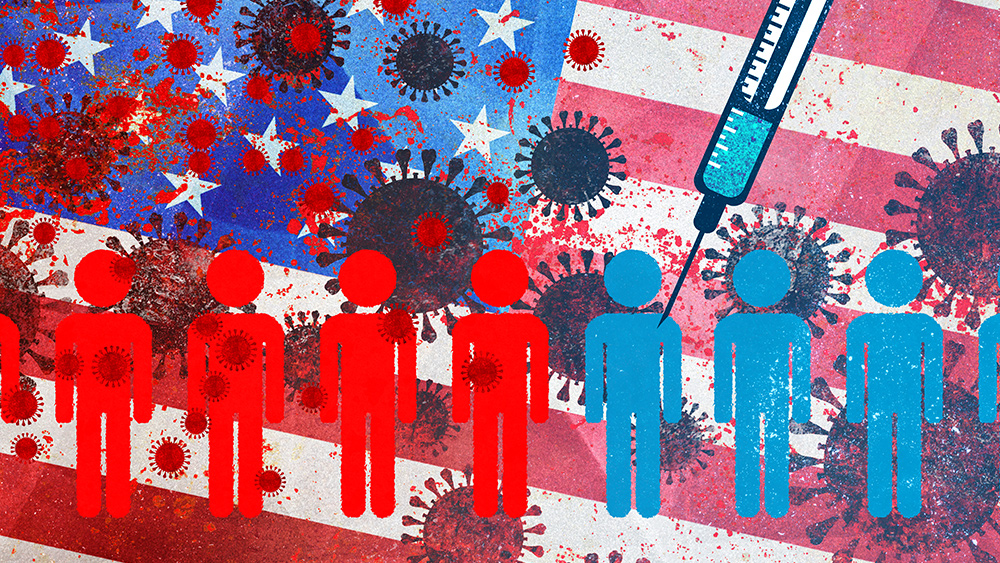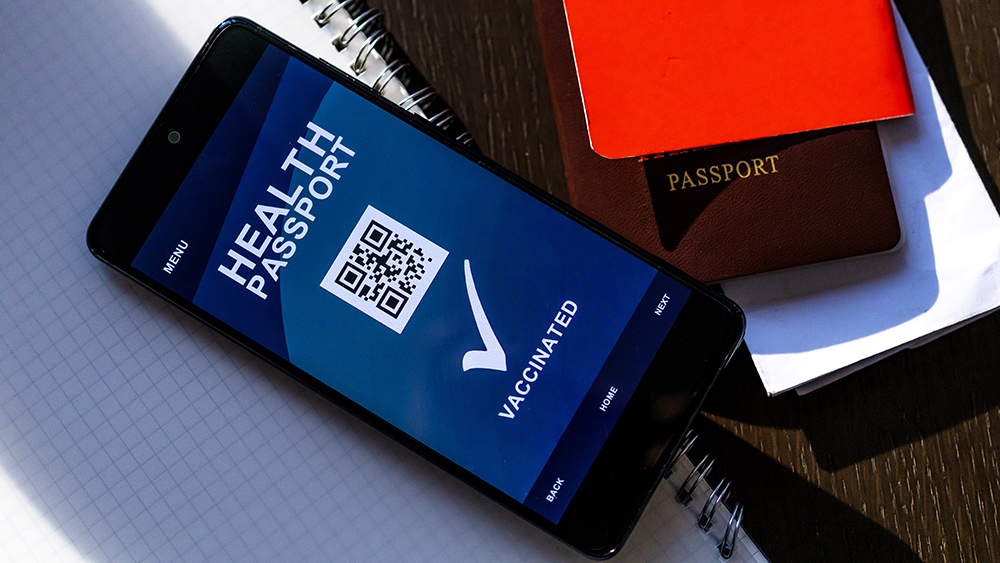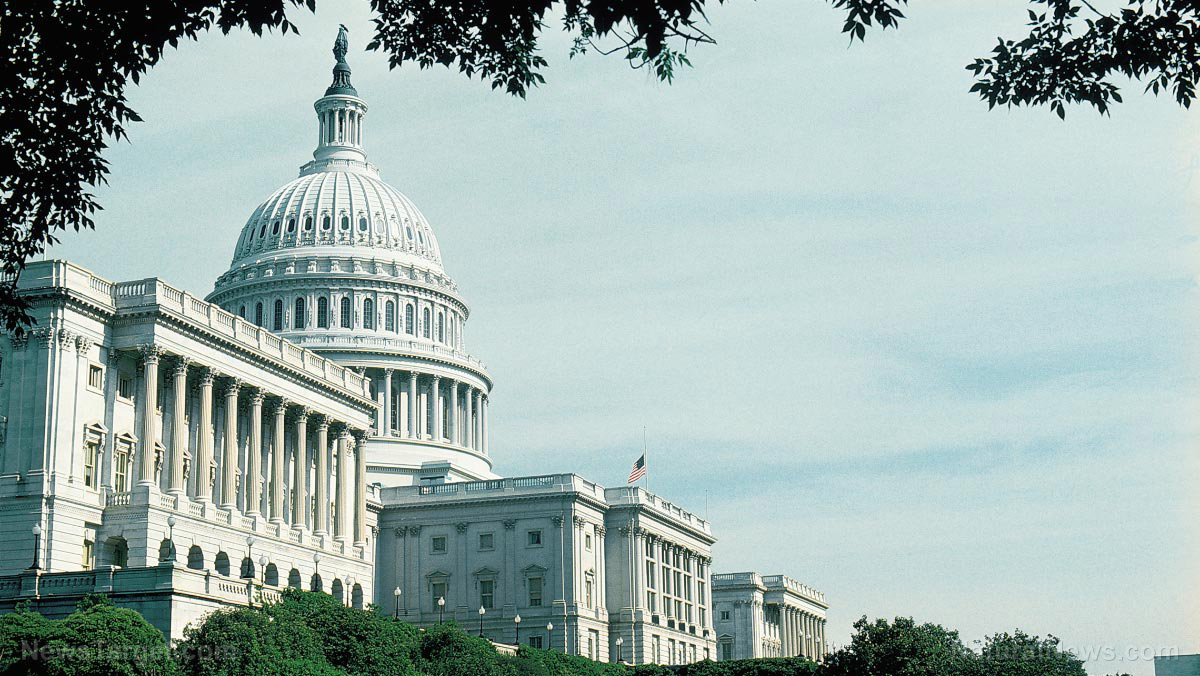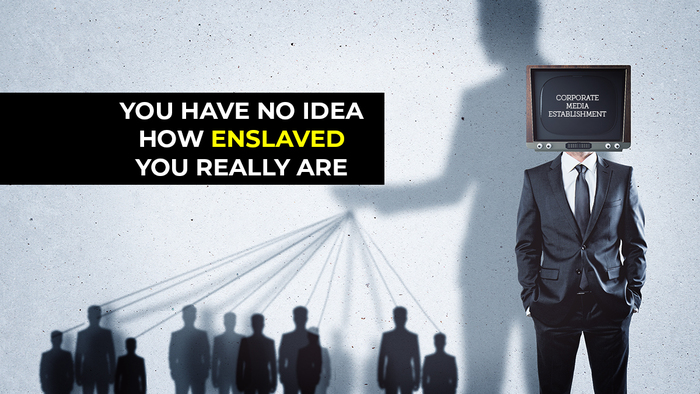Singapore takes away health coverage of unvaccinated and partially vaccinated residents
12/10/2021 / By Arsenio Toledo
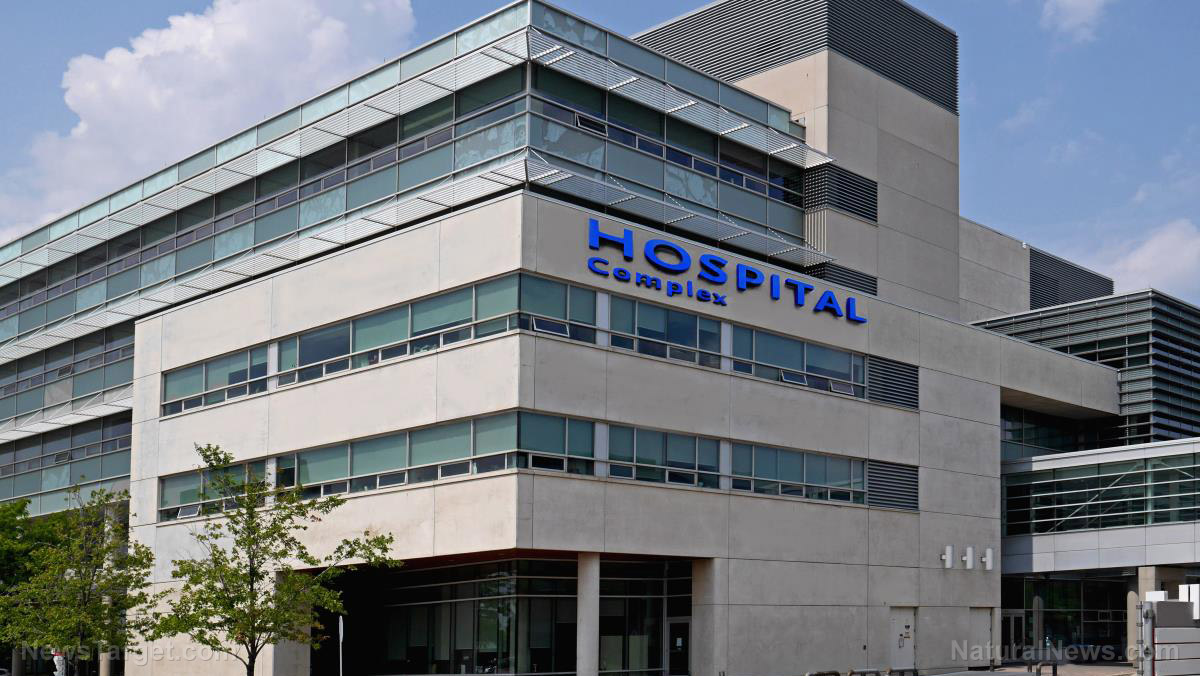
Wuhan coronavirus (COVID-19) patients in Singapore who are not recognized as fully vaccinated — meaning those who are only partially vaccinated and those who completely refuse vaccination — are no longer eligible for health coverage and have to pay for their medical bills in full.
The new policy forcing unvaccinated Singaporeans to needlessly suffer was first announced on Nov. 8. Minister of Health Ong Ye Kung described this move as an “important signal” to those who are still choosing not to get vaccinated. (Related: Singapore’s COVID tracking turns it into a veritable surveillance state.)
“We have to send this important signal, to urge everyone to get vaccinated if you are eligible,” said Ong last month.
The government of Singapore passed a policy last year that made it pay for the full treatment costs of nearly every single COVID-19 patient in the city-state, be they Singaporeans, permanent residents or long-term visitors. This was done to ensure that financial considerations do not deter people from going to the hospital.
This financial support for coronavirus treatment-related bills was withdrawn on Dec. 8. According to a median estimate released by the health ministry, Singaporeans who receive medical assistance and stay in intensive care units might have to pay at least SG$25,000 ($18,301).
The new policy applies to all unvaccinated COVID-19 patients in Singapore admitted on or after Dec. 8 to hospitals or COVID-19 treatment facilities. The medical bills of people who are not eligible for vaccination will still be paid in full by the government.
Singaporeans who have gotten vaccinated but are not considered fully vaccinated have until Dec. 31 to get another dose of the vaccine. Starting Jan. 1, they will also be paying for their own COVID-19 treatment bills.
Those who were fully vaccinated using the Chinese-made Sinovac and Sinopharm vaccines will only be considered fully vaccinated until Dec. 31. They can keep their status as fully vaccinated individuals only if they get a booster vaccine. Otherwise, they will also be forced to pay for their own COVID-19 treatment if they get infected.
Policy designed to coerce unvaccinated holdouts to get the jab
Ong claimed that many hospital administrators have spoken to him about preferring not to foot the COVID-19 treatment bill of any unvaccinated patients, as this forces hospitals to divert important resources unnecessarily.
This policy is just the latest in the Singaporean government’s attempts to coerce the unvaccinated holdouts in the country to get the vaccine. According to government estimates, around 44,000 older Singaporeans remain unvaccinated by choice.
Previous policies segregating the unvaccinated from the rest of society include restricting activities that they may take part in. Without proof of vaccination, unvaccinated Singaporeans who are eligible for the vaccine are not able to dine in at restaurants or enter shopping malls.
When this policy did not work, the government tried multiple other tactics, such as broadcasting claims that unvaccinated Singaporeans make up a vast majority of COVID-19 patients and deaths. This claim was never substantiated with data.
“They tried everything. They provided information, they provided facts, they’ve had people telling their personal stories, they’ve seen the ministers go and get their jabs, what else can we do?” said Dr. Hsien-Hsien Lei, CEO of the American Chamber of Commerce in Singapore, professor and a recognized expert on public health.
“We cannot afford to not use every tool in our toolbox, even if there is some level of stick involved.”
Unvaccinated Singaporeans feel discriminated against
Sabrina Chiu, a 47-year-old unvaccinated Singaporean, feels that the new policy is very unfair. She has not gotten vaccinated because she has a long list of allergies to medications. “It’s kind of like you are indirectly forcing the people to get vaccinated,” she said.
Chiu added that the new policy will not convince her to get vaccinated.
One doctor in Singapore who asked not to be named said the policy sends a wrong message to the country’s unvaccinated population. “The healthcare system needs to be there for everyone, not just for those whose choices we endorse,” he said.
Even political figures have expressed concerns about the new policy. The Singapore Democratic Party (SDP), a small opposition party with no representation in the country’s parliament, is worried that it could discourage unvaccinated people from seeking any kind of medical care.
“The basic public health principle is to provide free treatment for highly communicable diseases,” said Paul Tambyah, chairman of the SDP, doctor and expert on infectious diseases. “This encourages people to come forward to be diagnosed and treated rather than remain in the community, where they may end up spreading the disease to even more people.”
A spokesman for the health ministry said getting vaccinated is a “civic and moral duty each of us have to ourselves and people around us.”
Follow Vaccines.news for more news related to coronavirus vaccines.
Sources include:
Tagged Under: big government, coercion, covid-19, extremism, health coverage, health freedom, hospital bills, insanity, medical martial law, obey, pandemic, segregation, Singapore, unvaccinated, vaccine wars, vaccines
RECENT NEWS & ARTICLES
COPYRIGHT © 2017 OBEY NEWS










